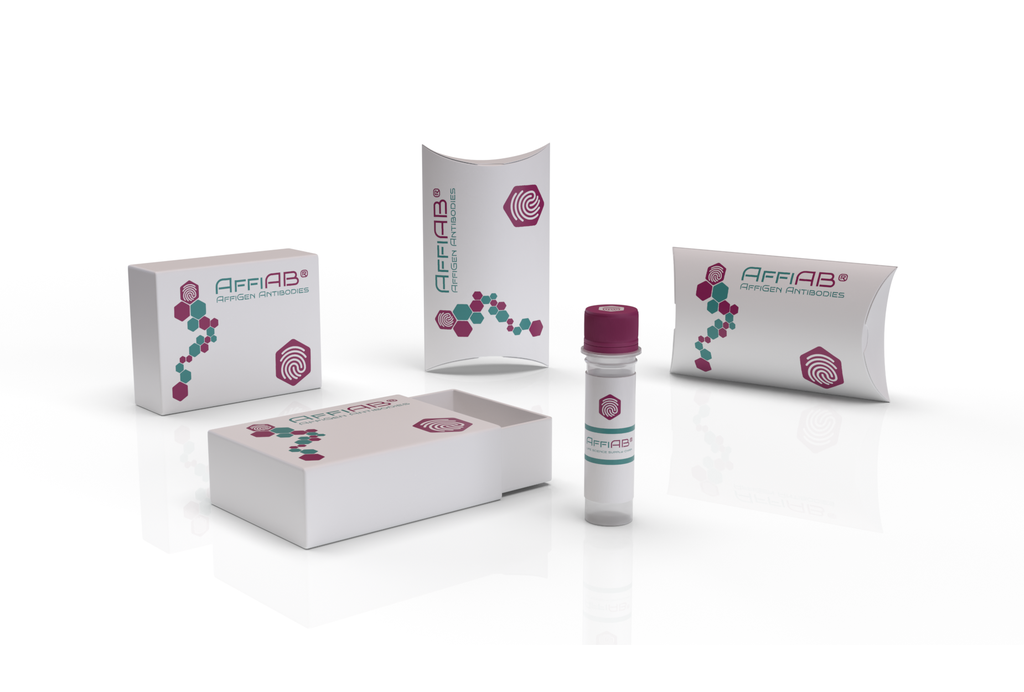AffiAB® Anti-GLUD1 Antibody
This gene encodes glutamate dehydrogenase, which is a mitochondrial matrix enzyme that catalyzes the oxidative deamination of glutamate to alpha-ketoglutarate and ammonia. This enzyme has an important role in regulating amino acid-induced insulin secretion. It is allosterically activated by ADP and inhibited by GTP and ATP. Activating mutations in this gene are a common cause of congenital hyperinsulinism. Alternative splicing of this gene results in multiple transcript variants. The related glutamate dehydrogenase 2 gene on the human X-chromosome originated from this gene via retrotransposition and encodes a soluble form of glutamate dehydrogenase. Related pseudogenes have been identified on chromosomes 10, 18 and X.
Antibody type
Rabbit polyclonal Antibody
Uniprot ID
SwissProt: P00367 Human; SwissProt: P26443 Mouse; SwissProt: P10860 Rat
Recombinant
NO
Conjugation
Non-conjugated
Host
Rabbit
Isotype
IgG
Clone
N/A
KO/KD
N/A
Species reactivity
Human, Mouse, Rat
Tested applications
WB, IHC-P, FC
Predicted species reactivity
N/A
Immunogen
Synthetic peptide within Human GLUD1 aa 115-164 / 558.
Storage
Store at +4°C after thawing. Aliquot store at -20°C. Avoid repeated freeze / thaw cycles.
Form
Liquid
Storage buffer
1*PBS (pH7.4) , 0.2% BSA, 50% Glycerol. Preservative: 0.05% Sodium Azide.
Concentration
1 mg/mL.
Purity
Immunogen affinity purified.
Signal pathway
N/A
Recommended dilutions
WB:1:500-1:1, 000
; IHC-P:1:50-1:200
; FC:1:50-1:100
Molecular Weight
61 kDa
Subcellular location
Mitochondrion matrix.
Positive control
Hela cell lysate, HepG2 cell lysate, rat kidney tissue, human liver tissue, human liver carcinoma tissue, human colon carcinoma tissue, human breast carcinoma tissue, mouse liver tissue, SW620.
